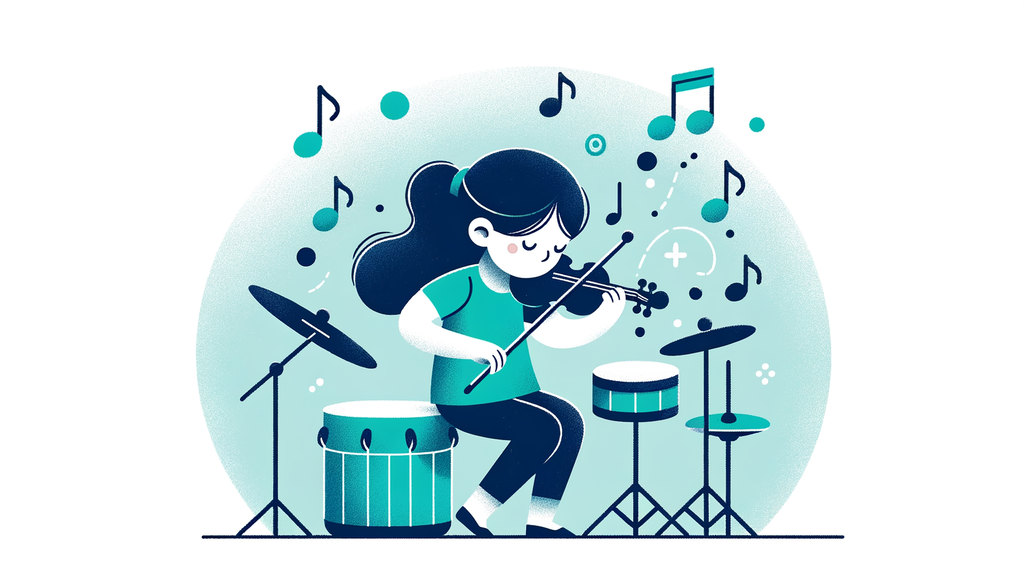Music as a Medium: Encouraging Musical Talents in Children

Music as a Medium: Encouraging Musical Talents in Children
In today’s world, specialized education has become a focal point in teaching and learning practices. A significant part of this approach includes encouraging talents in different areas such as the arts, sports, and science, among others. For our gifted learners, nurturing their talents can be instrumental in accelerating their overall development. This post delves into the role of music programs in enhancing the learning experience for these young geniuses.
Why Consider Music for Gifted Children?
Music, often referred to as the universal language, has profound impacts on everyone, including our gifted children. Evidence suggests that music provides therapeutic and cognitive benefits, potentially aiding the child’s mental and emotional development[^1^].
Therapeutic Benefits
Music offers a conduit for expressing emotions, assisting children who may struggle to articulate their feelings verbally. It can act as a release for their heightened sensitivities, calm their anxieties, and uplift their mood.
Cognitive Benefits
Playing a musical instrument has been found to align with areas of the brain associated with memory, attention, and organizational skills[^2^]. This synchronization stimulates intellectual growth and can improve academic performance. It can also improve fine motor skills, attention span, and even spatial-temporal skills — a basis for mathematics.
Using Music to Enhnace Learning Experience
Encouraging your child’s musical talent can take various forms. Here are some tips to consider:
-
Enroll Your Child in a Music Program: Identify a suitable music program that caters to your child’s interests and talent. It’s essential to choose a program that matches your child’s pace and does not rush them through their musical journey. You may want to explore our previous post on Fostering Creativity: Enrichment Programs for the Gifted Learner.
-
Sensitize Yourself with Music: To support your child, you should familiarize yourself with music as well. Learn the basics or even dive into music theory - this can enhance your child’s experience when discussing their progress or challenges.
-
Provide a Dedicated Practice Space: A calm and dedicated space for practicing music can do wonders for a child’s concentration and performance. This setup serves as a reinforcement that you value and support their interest.
-
Be Involved But Step Back When Necessary: While support is crucial for a child’s progress, over-supervision can harm a gifted child’s independence. Strike a balance between staying involved and providing enough freedom for your child to explore and grow.
In Summary
Musical engagement can create a rich and rewarding experience for gifted children. By integrating music in their life, you can help them develop multiple areas and accelerate their development. However, it’s crucial to understand that music should not become another area of pressure for them. The main goal should be to enjoy and express themselves.
While the journey of nurturing a gifted child can be challenging, the rewards are immense. Take a moment and explore our extensive posts on topics such as Building Bridges: Social Skills for Children on the Autism Spectrum and High Flyers: Nurturing Leadership in Gifted Children, which can give you greater insights into the world of gifted education.